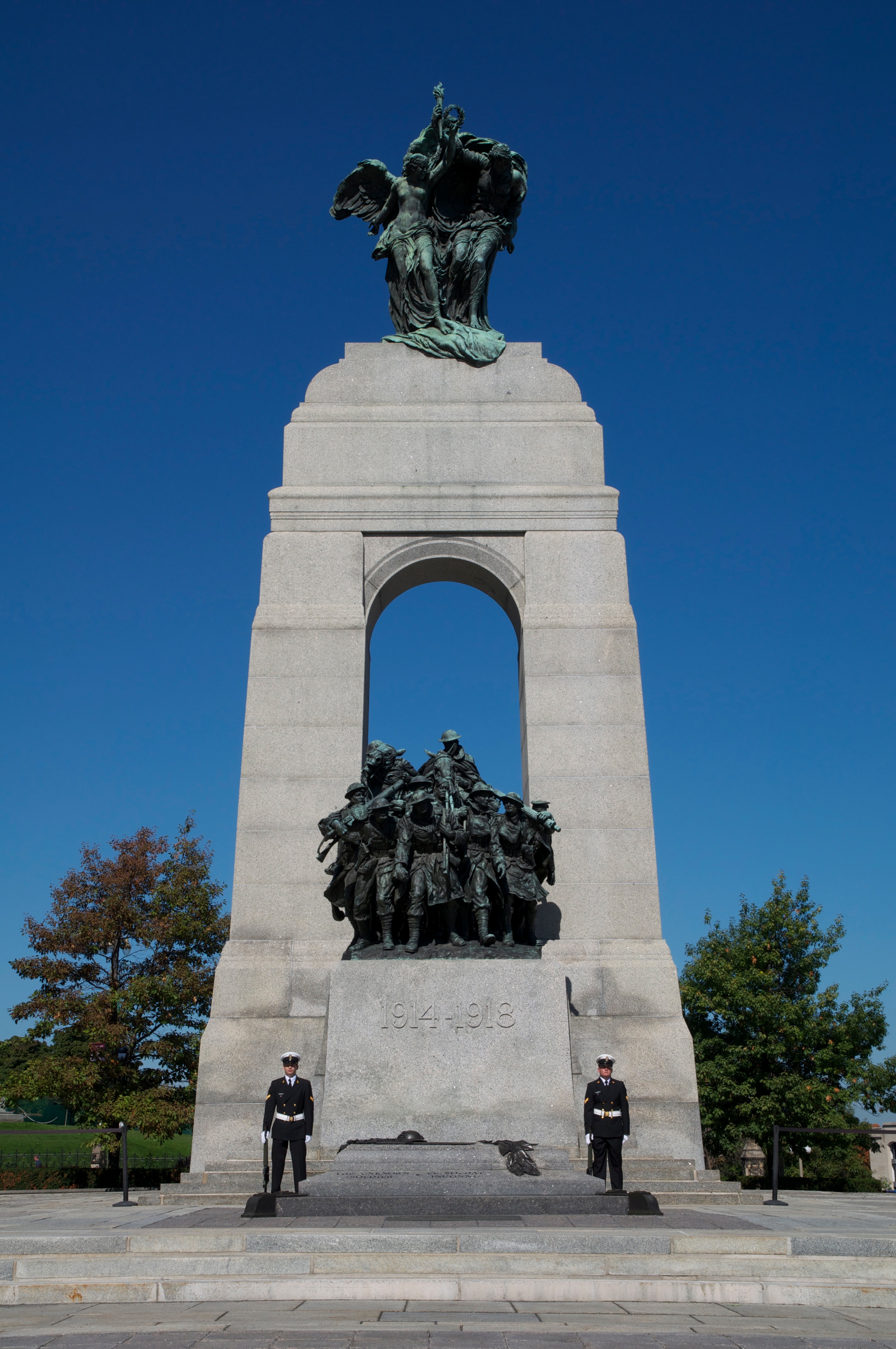Browse "People"
-
Article
Bruce Ubukata
Bruce Ubukata. Pianist, organist, harpsichordist, vocal coach, b Goderich, Ont, 3 Sep 1949; BA (Carleton) 1970. Bruce Ubukata studied privately with Greta Kraus in Toronto, Sir Peter Pears at Aldeburgh, and Pierre Bernac at St Jean de Luz, France.
"https://development.thecanadianencyclopedia.ca/images/tce_placeholder.jpg?v=e9dca980c9bdb3aa11e832e7ea94f5d9" // resources/views/front/categories/view.blade.php
https://development.thecanadianencyclopedia.ca/images/tce_placeholder.jpg?v=e9dca980c9bdb3aa11e832e7ea94f5d9
-
Article
Uchucklesaht Tribe
Uchucklesaht is a Nuu-chah-nulth First Nation of west Barkley Sound on the west coast of Vancouver Island. According to the tribe, there are 299 Uchucklesaht citizens, only three of whom live in the village of Hilthatis.
"https://d2ttikhf7xbzbs.cloudfront.net/media/media/bef3cc60-b45e-4a19-b10f-b8248f21b21b.jpg" // resources/views/front/categories/view.blade.php
https://d2ttikhf7xbzbs.cloudfront.net/media/media/bef3cc60-b45e-4a19-b10f-b8248f21b21b.jpg
-
Article
Yuułuʔiłʔatḥ (Ucluelet) First Nation
Yuułuʔiłʔatḥ (formerly known as Ucluelet, Yuu-tluth-aht and Yu’lu’il’ath) are a Nuu-chah-nulth nation from west Barkley Sound, Vancouver Island. As of October 2021, there were 674 registered members, 446 of whom live off reserve. The Yuułuʔiłʔatḥ, along with several other Nuu-chah-nulth nations, have signed the Maa-nulth treaty, which has provided them with self-governance since April 2011.
"https://d2ttikhf7xbzbs.cloudfront.net/media/media/b5caad81-4e11-4466-8ae0-d9e61f5f9f5c.jpg" // resources/views/front/categories/view.blade.php
https://d2ttikhf7xbzbs.cloudfront.net/media/media/b5caad81-4e11-4466-8ae0-d9e61f5f9f5c.jpg
-
Article
Udo Kasemets
Udo Kasemets, composer, educator, writer (b at Tallinn, Estonia 16 Nov 1919, d 19 January 2014).
"https://development.thecanadianencyclopedia.ca/images/tce_placeholder.jpg?v=e9dca980c9bdb3aa11e832e7ea94f5d9" // resources/views/front/categories/view.blade.php
https://development.thecanadianencyclopedia.ca/images/tce_placeholder.jpg?v=e9dca980c9bdb3aa11e832e7ea94f5d9
-
Article
Udo Kasemets
Udo Kasemets. Composer, pianist, organist, teacher, writer, b Tallinn, Estonia, 16 Nov 1919, naturalized Canadian 1957; honorary D LITT (York) 1991.
"https://development.thecanadianencyclopedia.ca/images/tce_placeholder.jpg?v=e9dca980c9bdb3aa11e832e7ea94f5d9" // resources/views/front/categories/view.blade.php
https://development.thecanadianencyclopedia.ca/images/tce_placeholder.jpg?v=e9dca980c9bdb3aa11e832e7ea94f5d9
-
Article
Ukrainian Music in Canada
Towards the end of the 19th century large numbers of Ukrainians began to arrive in Canada; the majority settled in the Prairie provinces. By the late 1980s there were over 950,000 Ukrainian Canadians, the largest concentrations in Edmonton, Winnipeg, Toronto, and Montreal.
"https://development.thecanadianencyclopedia.ca/images/tce_placeholder.jpg?v=e9dca980c9bdb3aa11e832e7ea94f5d9" // resources/views/front/categories/view.blade.php
https://development.thecanadianencyclopedia.ca/images/tce_placeholder.jpg?v=e9dca980c9bdb3aa11e832e7ea94f5d9
-
Article
Ukrainian Internment in Canada
Canada’s first national internment operations took place during the First World War, between 1914 and 1920. More than 8,500 men, along with some women and children, were interned by the Canadian government, which acted under the authority of the War Measures Act. Most internees were recent immigrants from the Austro-Hungarian, German and Ottoman empires, and mainly from the western Ukrainian regions of Galicia and Bukovyna. Some were Canadian-born or naturalized British subjects. They were held in 24 receiving stations and internment camps across the country — from Nanaimo, BC, to Halifax, Nova Scotia. Many were used as labour in the country’s frontier wilderness. Personal wealth and property were confiscated and much of it was never returned.
"https://d2ttikhf7xbzbs.cloudfront.net/media/media/6cfa6f0b-08c0-4ec8-a739-cb994b5c312d.jpg" // resources/views/front/categories/view.blade.php
https://d2ttikhf7xbzbs.cloudfront.net/media/media/6cfa6f0b-08c0-4ec8-a739-cb994b5c312d.jpg
-
Article
Ukrainian Shumka Dancers
The Ukrainian Shumka Dancers of Edmonton are perhaps the most well known of Canada's 230 Ukrainian dance groups and schools.
"https://d2ttikhf7xbzbs.cloudfront.net/media/media/2b1030e7-9160-4e72-8640-1dab30c76c36.jpg" // resources/views/front/categories/view.blade.php
https://d2ttikhf7xbzbs.cloudfront.net/media/media/2b1030e7-9160-4e72-8640-1dab30c76c36.jpg
-
Article
Ukrainian Writing
Ukrainian Writing in Canada began in the 1890s with the first major wave of UKRAINIANS. The first story was written in 1897 by Nestor Dmytriw while he was visiting Calgary, and the first poem in 1898 by Ivan Zbura near Edmonton.
"https://development.thecanadianencyclopedia.ca/images/tce_placeholder.jpg?v=e9dca980c9bdb3aa11e832e7ea94f5d9" // resources/views/front/categories/view.blade.php
https://development.thecanadianencyclopedia.ca/images/tce_placeholder.jpg?v=e9dca980c9bdb3aa11e832e7ea94f5d9
-
Article
Ulrich Leupold
Ulrich (Siegfried) Leupold. Musicologist, Lutheran minister, administrator, b Berlin 15 Jan 1909, d Kitchener, Ont, 9 Jun 1970; PH D musicology (Berlin) 1932, honorary DD (Knox College) 1969. His father was an organist, his mother a voice teacher.
"https://development.thecanadianencyclopedia.ca/images/tce_placeholder.jpg?v=e9dca980c9bdb3aa11e832e7ea94f5d9" // resources/views/front/categories/view.blade.php
https://development.thecanadianencyclopedia.ca/images/tce_placeholder.jpg?v=e9dca980c9bdb3aa11e832e7ea94f5d9
-
Article
Ulysse Comtois
Ulysse Comtois, sculptor and painter (born 2 March 1931 in Granby, QC; died 10 July 1999 in Saint-Hyacinthe, QC).
"https://development.thecanadianencyclopedia.ca/images/tce_placeholder.jpg?v=e9dca980c9bdb3aa11e832e7ea94f5d9" // resources/views/front/categories/view.blade.php
https://development.thecanadianencyclopedia.ca/images/tce_placeholder.jpg?v=e9dca980c9bdb3aa11e832e7ea94f5d9
-
Article
Ulysse Paquin
Ulysse Paquin. Bass, b Alpena, Mich, 20 Jul 1885, d Montreal 16 Nov 1972. He took his classical studies with the Jesuits, first in Chicago and then in Montreal. He was a bank manager, but left the world of finance in 1913 to embark on a singing career.
"https://development.thecanadianencyclopedia.ca/images/tce_placeholder.jpg?v=e9dca980c9bdb3aa11e832e7ea94f5d9" // resources/views/front/categories/view.blade.php
https://development.thecanadianencyclopedia.ca/images/tce_placeholder.jpg?v=e9dca980c9bdb3aa11e832e7ea94f5d9
-
Article
Nunavimiut (Ungava Inuit)
The term Ungava, meaning "towards the open water," was used to designate the Inuit band established at the mouth of the Arnaud (Payne) River.
"https://development.thecanadianencyclopedia.ca/images/tce_placeholder.jpg?v=e9dca980c9bdb3aa11e832e7ea94f5d9" // resources/views/front/categories/view.blade.php
https://development.thecanadianencyclopedia.ca/images/tce_placeholder.jpg?v=e9dca980c9bdb3aa11e832e7ea94f5d9
-
Editorial
Canada's Unknown Soldier
The following article is an editorial written by The Canadian Encyclopedia staff. Editorials are not usually updated.
"https://d2ttikhf7xbzbs.cloudfront.net/media/media/b120e81a-8059-484d-a611-58c346c3c676.jpg" // resources/views/front/categories/view.blade.php
https://d2ttikhf7xbzbs.cloudfront.net/media/media/b120e81a-8059-484d-a611-58c346c3c676.jpg
-
Article
Uuno Vilho Helava
Uuno (a.k.a. Uki) Vilho Helava, inventor (born 1 March 1923 in Kokemäki, Finland; died 6 June 1994 in Ottawa, ON). He invented the analytical plotter for automatically drawing maps from photographs.
"https://d2ttikhf7xbzbs.cloudfront.net/media/media/6bdf192d-2641-495c-9553-0d419b70971e.jpg" // resources/views/front/categories/view.blade.php
https://d2ttikhf7xbzbs.cloudfront.net/media/media/6bdf192d-2641-495c-9553-0d419b70971e.jpg
